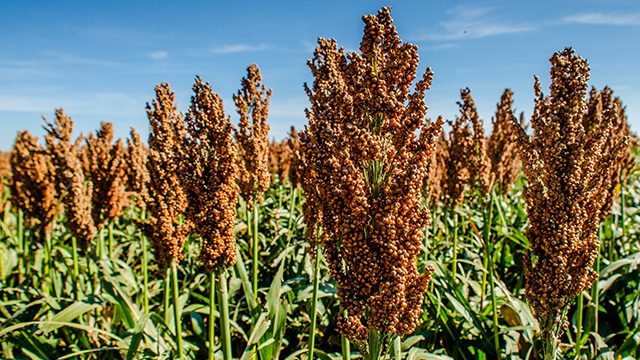MUHAMMADIYAH.OR.ID, SURAKARTA – The Council for Community Empowerment (MPM) of the Muhammadiyah Regional Board (PWM) of Central Java collaborates with Universitas Muhammadiyah Surakarta (UMS) to technologically convert sorghum into bioethanol.
The MPM PWM of Central Java has previously cooperated with Pertamina to focus on conversion technologies.
“The MPM PWM of Central Java has initiated a program focused on sorghum cultivation, specifically for bioethanol production. The process necessitates certain engines, so this visit is addressed to gain support from UMS,” said Chief of the MPM PWM of Central Java, Fatchur Rochman, in the visit to the Center for Community Service and Development (LPMPP) of UMS on Saturday (December 2).
To navigate bioethanol production, he added, the involvement of chemical engineers is essential. Cultivating sorghum for bioethanol could be a sustainable alternative to fossil fuels.
“In the foreseeable future, and in light of our collaboration with Pertamina, we aim to contribute to their initiative for renewable fuels, ultimately phasing out the dependency on fossil fuels,” said Fatchur.
Besides, the Chair of LPMPP of UMS and Deputy Chair of the Council for Community Empowerment, Prof. Sardjito supported the initiative.
A team from the Department of Chemical Engineering will engage in this initiative, while Pertamina, LPMPP, and MPM will monitor it.
“Pertamina seeks tangible evidence that sorghum can be effectively converted into alcohol. Furthermore, they wish to glean insights from the best practices implemented by UMS in this regard,” said Prof. Sardjito.
Currently, the MPM of Central Java is utilizing experimental land provided by the Faculty of Agriculture at Universitas Muhammadiyah Purwokerto (UMP). If the collaboration between MPM and Pertamina comes to fruition, Pertamina will allocate 149 hectares of land in Cilacap for sorghum cultivation.











